It’s a question as old as time: City versus Country. Do you prefer busy cities or quieter countryside living? We explore both, from a sustainability standpoint.
Read moreWaste Solutions
Plastic Pollution Solutions
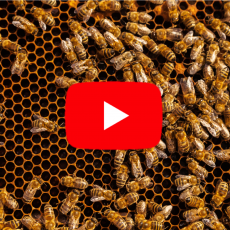
Today, we’re talking plastic. Some facts: If you didn’t know, plastic is made from petroleum. About 8.3 billion tonnes of plastic has been produced since the 1950s, which is roughly the weight of a billion elephants or 47 million blue whales. And only about 9% of that plastic has ever been recycled, 12% has been burned and the remaining 79% has ended up in landfills or the environment.
Plastic pollution is the most widespread problem affecting our marine environments. It threatens ocean health, food safety and quality, human health, coastal tourism, and contributes to climate change.
Read moreCompost and the City

Hey swrmers! Welcome back to the Hive. A few weeks ago, we spoke with William Klimpert, Common Ground Compost’s resident data and waste management expert about composting in New York City. But there’ve been some huge changes in the world since then. So, today, we’re here with Meredith Danberg-Ficarelli, the Director of Common Ground Compost, to talk about those changes and what the future of composting looks like in the Big Apple.
Read moreSuper Simple Food Waste Fixes

On an average year, an estimated 1.3 billion tons of food is wasted globally – one third of all food produced for human consumption. And that was before a global pandemic struck. Now, between panic buying at the grocery store, restaurants closing worldwide, and food supply chains scrambling to readjust to our new “normal”, experts say that number is bound to increase.
So, we’ve come up with a few easy food waste fixes to help you tackle waste at home, and keep your sustainability goals in mind even during a crisis.
Read moreComposting with William Klimpert of Common Ground Compost

We have food waste on the brain. According to the Food and Agriculture Organization of the United Nations, an estimated 1.3 billion tons of food is wasted globally each year – one third of all food produced for human consumption. So, today, we’re talking with William Klimpert from Common Ground Compost about how to turn our waste not back into want not.
Read moreDo the Rot Thing
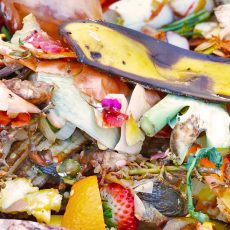
We’ve talked about the staggering problem of food waste before. If you missed it, check out our article, “Farm to Table to Trash” and video, “Fighting Food Waste.” It’s difficult to imagine, but one third of all food produced for human consumption is lost or wasted, according to the Food and Agriculture Organization of the United Nations. And the Environmental Protection Agency estimates that more food reaches landfills and incinerators than any other single material in our everyday trash, constituting 22 percent of discarded municipal solid waste.
We’ve also talked about compost before, as something we can all do as individuals to deal with waste and live more sustainably, in general. But what we haven’t done is explain what compost actually is and how you can incorporate composting as part of your most sustainable life to reduce your carbon footprint. Soooo…
Read moreWhere Your Computer Goes to Die…
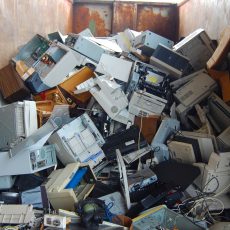
Every year the world produces approximately 50 million metric tons of electronic or “e-waste” according to the UN University. This is more than the weight of all the commercial aircraft ever made, looks like 4,500 Eiffel Towers, is enough to completely cover an area the size of Manhattan, and is roughly worth $62.5 billion USD.
Read moreRecycling, Trash & China
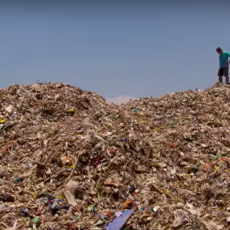
If you live in the US, chances are that you’ve been dutifully sorting your waste for years. But, have you ever wondered where all the recyclable paper and plastic go once you dispose of them? Read on
Read moreThe U.N. Sustainable Development Goals: Part 2

On Tuesday, September 17th, 2019, the 74th United Nations General Assembly session opened at the U.N headquarters in NYC, and there is quite the docket for 2019. One of the important summits we’re watching for here at
Read moreThe dos & don’ts of recycling you might be getting wrong
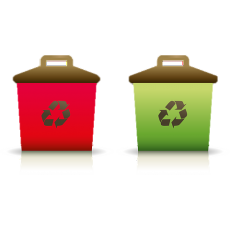
Modern life is complicated. Smart phones, the gig economy, and even climate change. So much is happening all at once. In trying to help our planet, we can get a little confused. One of the biggest sources
Read more
